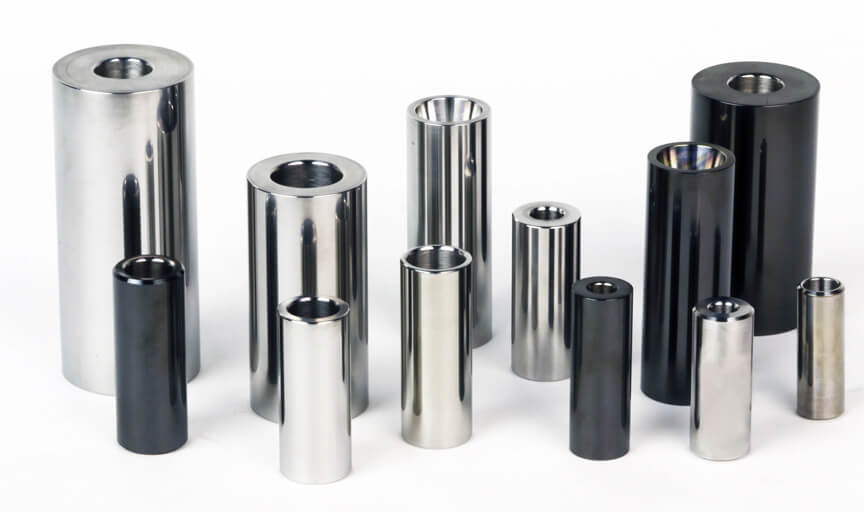This website uses cookies so that we can provide you with the best user experience possible. Cookie information is stored in your browser and performs functions such as recognising you when you return to our website and helping our team to understand which sections of the website you find most interesting and useful.
- Home
- Surface Finishing
- DLC Coating
DLC Coating Services
The low friction coefficient of DLC coatings reduces resistance between surfaces, providing durability to components like tools and mechanical parts.

introduction
Shine with DLC Coating

We produce DLC-coated products with extreme hardness comparable to natural diamonds-- resisting surface damage and extending the lifespan of components that experience friction, sliding, or abrasive wear.
DEK uses cutting-edge technology to ensure precision and reliability in every project. With our team's more than 20 years of experience, we understand DLC coating intricacies and provide customized solutions for your specific needs, whether it's hardness, wear resistance, or low friction. Quality is a non-negotiable priority; our DLC coating processes meet or exceed industry standards. We commit to quick turnaround times without compromising quality. DEK offers cost-effective solutions, making high-quality DLC coating accessible. We provide superior DLC coating services that enhance the performance and lifespan of your components in CNC machining.
TECHNOLOGY OVERVIEW
More About DLC Coating
What’s DLC Coating?
Diamond-Like Carbon (DLC) coating is a thin layer applied to surfaces, mainly metals, to enhance their properties. It consists of carbon and hydrogen, mimicking the structure of natural diamonds. DLC is known for its hardness, low friction, and chemical inertness. It's applied using methods like chemical vapor deposition or physical vapor deposition. This coating is used in industries such as automotive and aerospace, where it improves wear resistance and durability of components like engine parts and cutting tools. Additionally, biocompatible DLC variants are utilized in medical applications, including coatings for implants. DLC coatings provide a balance of hardness and protective qualities across various sectors.
Advantages of DLC Coating
- Enhanced hardness
- Increased wear resistance
- Improved corrosion resistance
- Low friction coefficient
- Extended tool life
- Enhanced cutting performance
- Versatile application across materials
- Reduced friction and heat generation
Design Considerations for DLC Coating
- Choose compatible metals, ceramics, or polymers.
- Thoroughly clean and prep the substrate for better adhesion.
- Select CVD or PVD based on application needs.
- Optimize coating thickness and ensure uniformity.
- Use pre-treatments or interlayer coatings to enhance adhesion.
- Decide on the desired finish, from polished to textured.
- Customize for intended hardness and wear resistance.
- Adjust composition for specific friction characteristics.
- Optimize for chemical resistance in harsh environments.
- Ensure the coating withstands the intended temperature range.
- Evaluate cost-effectiveness in both initial investment and long-term durability.
- Implement strict quality control during and after coating.
- Consider sustainability and compliance with regulations.
- Customize for specific needs like conductivity or biocompatibility.
FAQ
DLC Coating FAQ
Get An Accurate Quote For Your Next Projects
No matter your project is complicated or simple, no matter is metal or plastic, you will get an accurate quotation within 6 hours.
Get A Quote Today